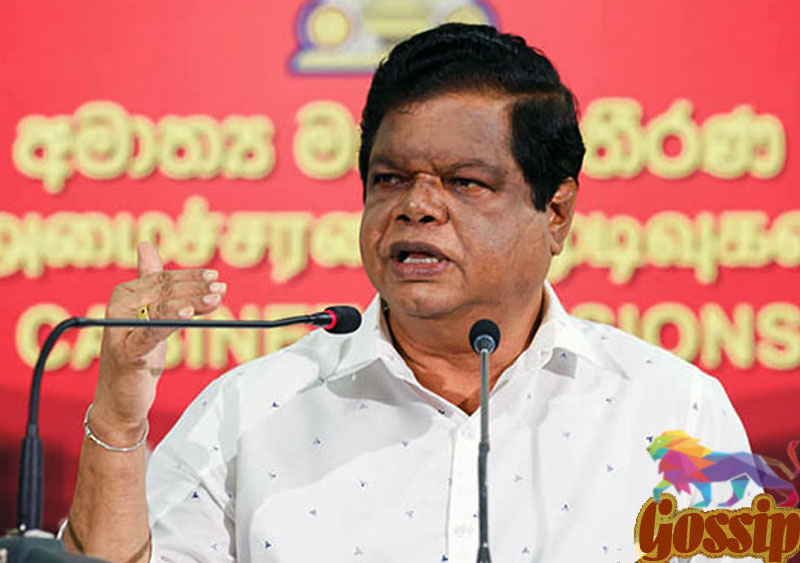
Sri Lankan cabinet spokesman Bandula Gunawardena informed reporters of plans to replace the island’s draconian Prevention of Terrorism Act (PTA), which has been linked to torture and disappearances, with a new National Security Act.
The statement comes in advance of the 51st UN Human Rights Council session and damning international condemnation over the government’s use of the PTA to arrest Sinhala student activists who participated in anti-government demonstrations. In meetings with the Sri Lankan president, the European Union (EU) delegation has emphasised the need for “concrete steps” to ensure that Sri Lanka meets its commitments under the Generalised Scheme of Preference Plus (GSP+), which grants Sri Lanka favourable trading terms with the EU.
Sri Lanka’s PTA was first introduced in 1979 and was primarily used to target Tamil youth who were arbitrarily detained, tortured, and often forcibly disappeared. The legislation which has been in place for over four decades has been primarily used against Tamils. For years Tamils have demanded the legislation be repealed.
“You cannot amend the PTA, you have to repeal the PTA. The whole basis, the foundation of the law is flawed” TNA spokesperson MA Sumanthiran told parliament.
Sumanthiran notes that not only had this led to horrific abuses by the police, but it also meant that police officer would no longer carry out serious investigations.
“All you had to do was beat up a fellow, or do worse, and get his signature, you have solved the crime. The real culprit is still roaming free”.
In 2018, the then Sirisena administration proposed a new legislation to replace the PTA known as the Counter Terrorism Act (CTA). Human Rights Watch noted that despite the proposed reforms “overbroad provisions could be used to prohibit peaceful protests and ban nongovernmental organizations” and that “curbs on police powers remain insufficient”.
A joint statement from Tamil civil society organisations stressed that the bill did not but build on the draconian legacy of the PTA which “has been used by successive Sri Lankan governments to quash dissent and penalize resistance".
“Rather than reining in the PTA’s overly broad definition of terror, the CTA expands upon it” the statement read.
Despite claims of reform, the CTA was not implemented, and the PTA was retained. Irrespective of the lack of reform the EU reinstated Sri Lanka’s GSP+ privileges in 2017.
The Sri Lankan government have also entertained the possibility of reforming the penal code to decriminalise same-sex relationships however activists warn that this may be an empty gesture as the police retain “stronger search, arrest and detention powers”.
Read more here: A cynical move to ‘sustain a frightening campaign of repression’ – Sri Lankan civil society sceptical over move to decriminalise homosexuality
Read more here.
